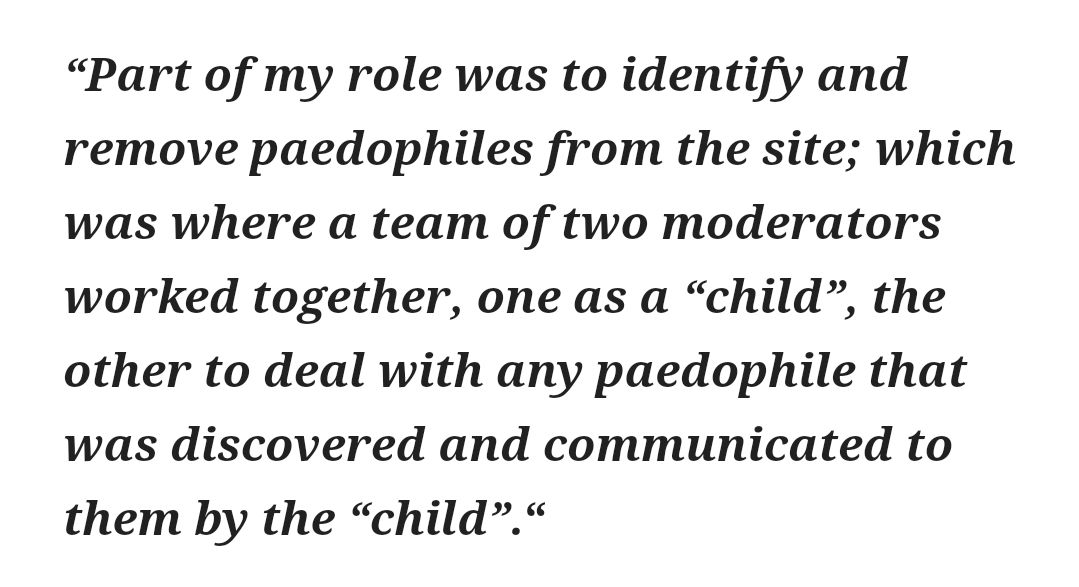The phrase "dealt with" carries a notable weight, invoking ideas that range from decisive action to formalised closure. But what does it actually mean to be "dealt with," especially in the context of escalating tensions or disputes? The term itself is loaded with both implication and ambiguity, and it’s often used to signal everything from taking legal action to simply establishing boundaries. Let’s unpack this phrase as it’s used by James Hind, writing as "Mordred" on his blog. In a recent entry, Mordred states: "PNW is now of the conclusion that these stalkers will have to be dealt with through litigation." He goes on to say, "PNW find responding to the stalkers tedious and onerous, hence their decision to eventually litigate." These statements prompt questions not only about the intended course of action but also about the attitudes behind the choice of language. Why choose "dealt with" instead of "addressed,...






















Comments
Post a Comment